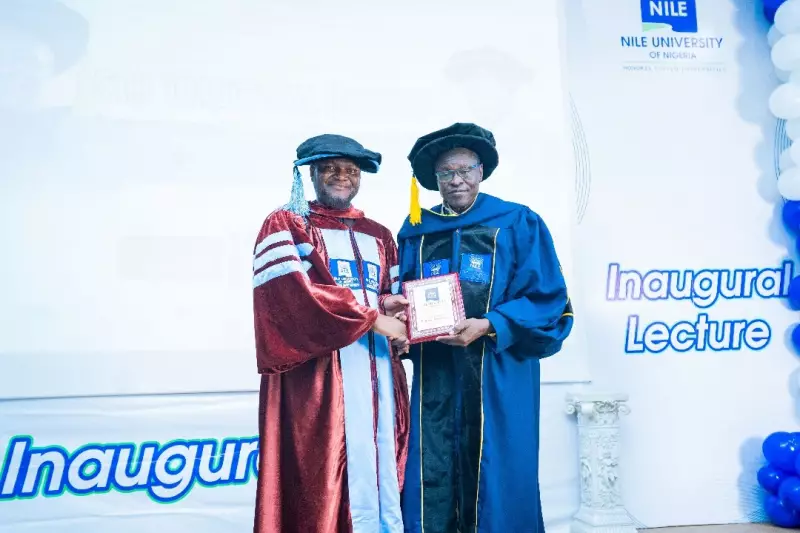
Nigeria's construction industry is on the brink of a transformative revolution as building experts and architects rally behind alternative, locally-sourced materials to tackle the nation's escalating housing crisis.
The High Cost of Conventional Construction
With cement prices soaring and traditional building materials becoming increasingly unaffordable for average Nigerians, industry leaders are advocating for a dramatic shift in construction approaches. According to recent findings, conventional building methods have pushed home ownership beyond the reach of millions of Nigerians, creating an estimated 28 million housing deficit.
Local Solutions to National Challenges
Construction experts point to numerous indigenous materials that could revolutionize the industry:
- Compressed Earth Bricks: Made from locally available soil, these bricks offer superior insulation and cost a fraction of conventional blocks
- Bamboo Construction: Rapidly renewable and incredibly strong, bamboo presents opportunities for sustainable building
- Laterite and Clay: Traditional materials being rediscovered for modern construction applications
- Agricultural Waste Products: Converting farm byproducts into building materials creates dual economic benefits
Economic and Environmental Benefits
The transition to alternative materials promises multiple advantages for Nigeria's economy and environment. Building professionals emphasize that embracing local materials could:
- Reduce construction costs by 40-60%
- Create new markets for agricultural byproducts
- Generate employment in rural communities
- Lower carbon footprint through reduced transportation
- Preserve foreign exchange by reducing import dependence
Overcoming Implementation Barriers
Despite the clear benefits, industry leaders acknowledge several challenges that must be addressed:
"The main obstacle isn't technical feasibility but changing mindsets and building codes," explained one construction expert. "We need regulatory frameworks that recognize and encourage these alternative materials while maintaining safety standards."
Professional bodies are now collaborating with government agencies to develop standards and certification processes for alternative building materials, ensuring they meet structural and safety requirements.
The Path Forward
The movement toward sustainable building materials represents more than just a construction trend—it's a potential economic game-changer for Nigeria. As the nation grapples with urbanization and population growth, adopting cost-effective, locally-sourced building solutions could finally make affordable housing accessible to millions of Nigerians while stimulating rural economies and promoting environmental sustainability.
Industry stakeholders are calling for increased research funding, public awareness campaigns, and policy reforms to accelerate this transition toward a more sustainable and affordable built environment.





